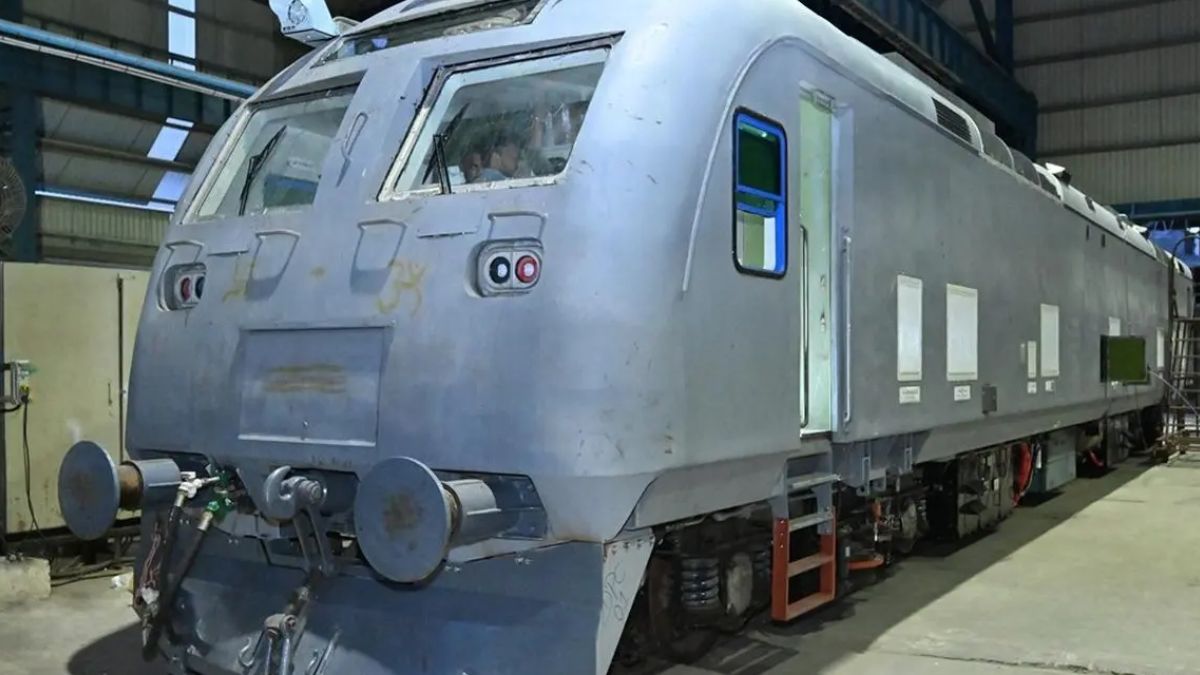India's Green Revolution on Rails: First Hydrogen-Powered Train Coach Tested in Chennai
Key Ideas
- India achieves a milestone with its first hydrogen-powered train coach test, aligning with global green transportation trends.
- Hydrogen trains offer zero tailpipe emissions, fostering sustainable mobility and positioning India as a leader in clean energy railways.
- The initiative aims to reduce carbon footprints, upgrade heritage routes, promote indigenous technology, and support climate goals.
- Although initial costs are significant, the scalability and innovation in hydrogen-based rail technology promise long-term cost efficiency.
India has recently unveiled its first hydrogen-powered train coach in Chennai, marking a significant leap in sustainable mobility. This development positions India among the few countries adopting hydrogen-based rail technology, in alignment with global trends towards green transportation. The initiative, part of the 'Hydrogen for Heritage' program, aims to support India's net-zero emissions targets and modernize its railway infrastructure with clean energy solutions.
The successful test of the Driving Power Car at the Integral Coach Factory signifies a breakthrough in India's railway sector. Hydrogen trains are recognized for their zero tailpipe emissions, emitting only water vapour, making them ideal for India's green objectives. This advancement also propels India into the league of technologically advanced railway nations, showcasing its commitment to energy security and sustainability.
The objectives of implementing hydrogen-powered trains in India are multifaceted, aiming to reduce carbon emissions from railways, upgrade hill and heritage routes for sustainable tourism, promote indigenous technology through Make in India initiatives, and contribute to the country's climate commitments, including the goal of achieving net-zero carbon emissions by 2070.
The project envisions operating 35 hydrogen-powered trains under the Hydrogen for Heritage program, with an estimated cost structure of ₹80 crore per train and ₹70 crore for infrastructure per route. A pilot project has been allocated funds to retrofit a DEMU with hydrogen fuel cells, indicating India's commitment to innovation and clean energy transitions.
In the future, hydrogen trains are poised to replace diesel engines on non-electrified routes, serving remote and ecologically sensitive areas with minimal environmental impact. India's foray into hydrogen-based rail technology not only supports its domestic sustainability goals but also paves the way for potential global leadership in this innovative sector and aligns with the government's National Green Hydrogen Mission.
Topics
Rail
Infrastructure
Technology
Energy Security
Innovation
Sustainability
Railways
Climate Commitments
Cost Structure
Latest News
